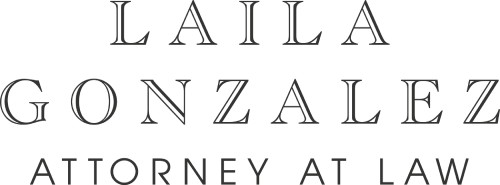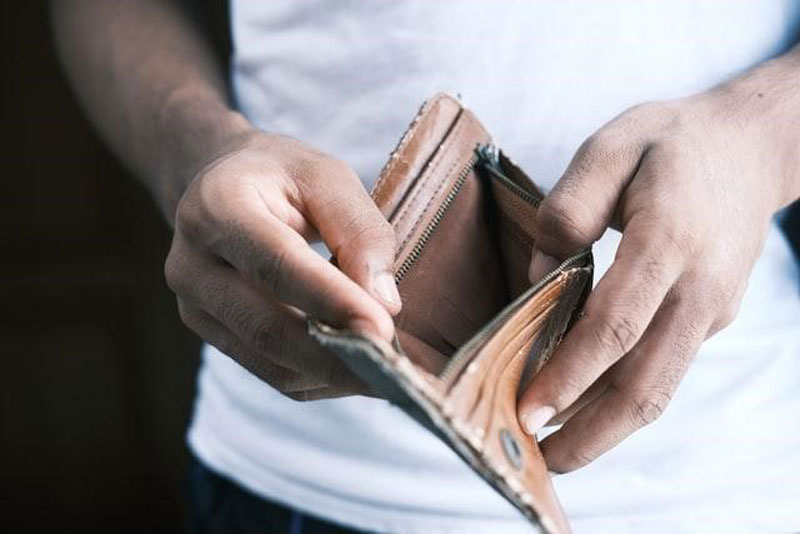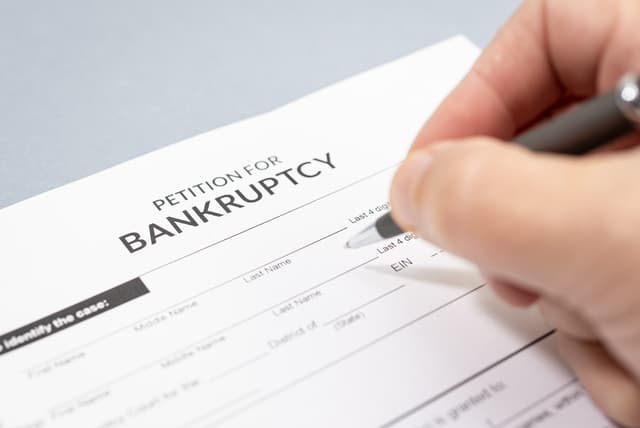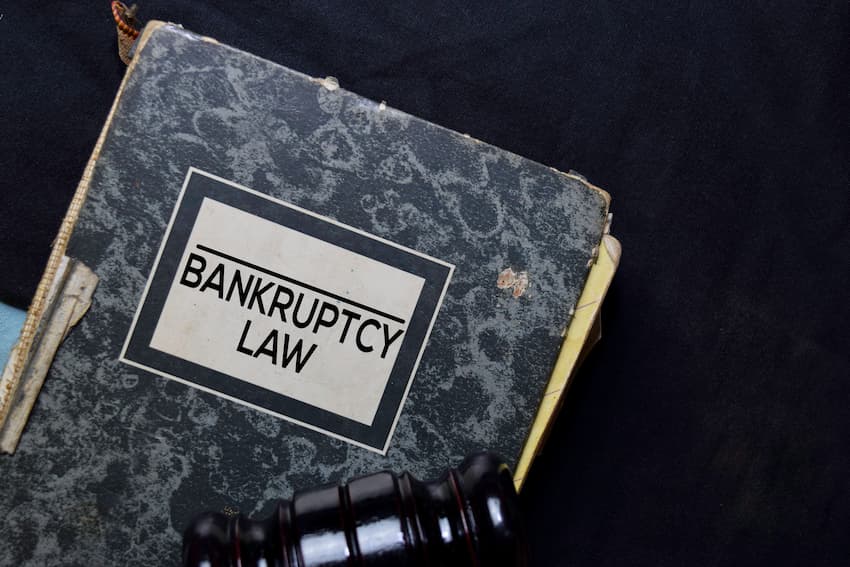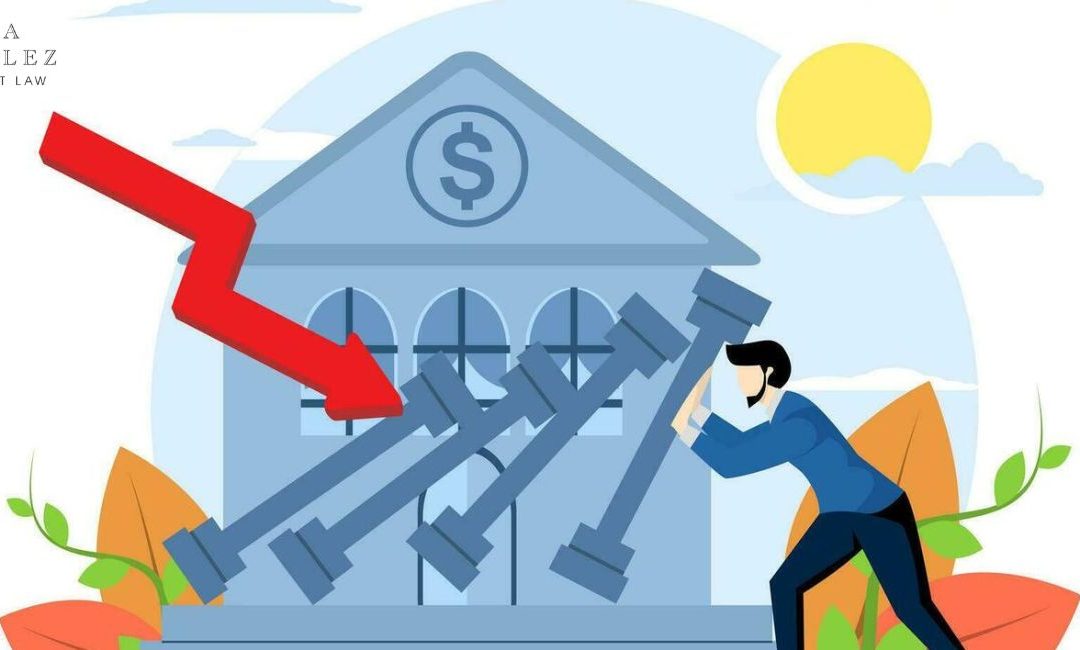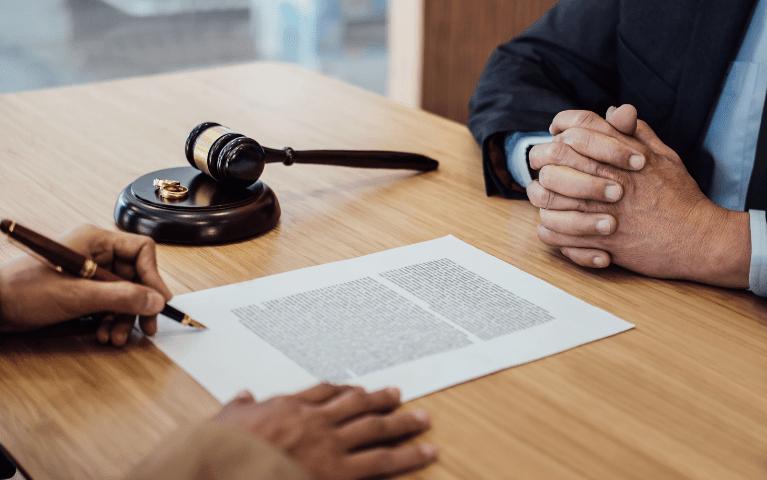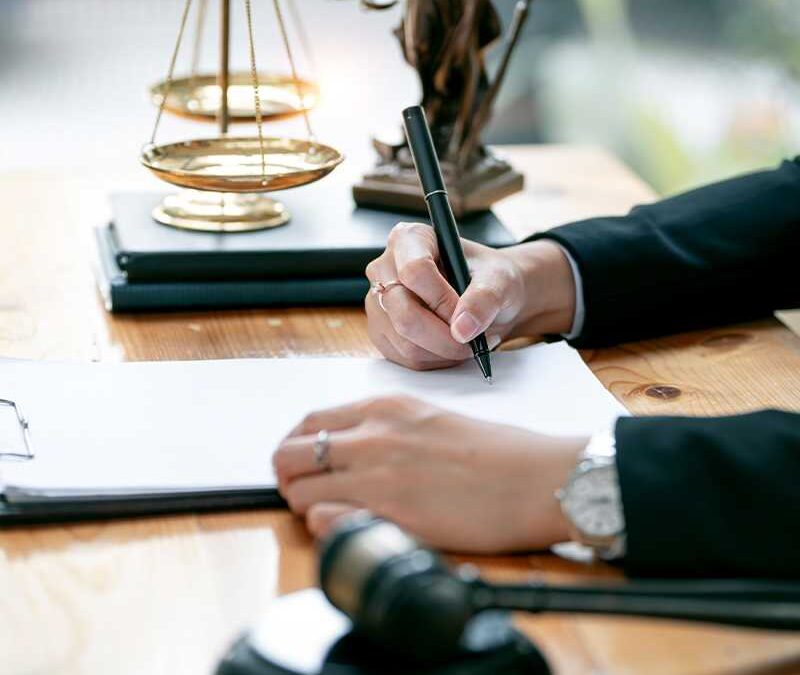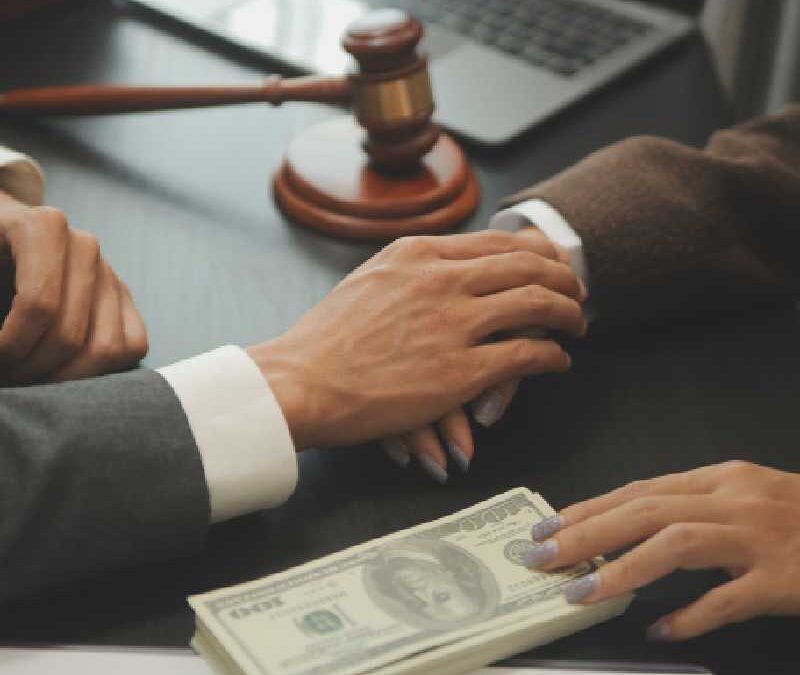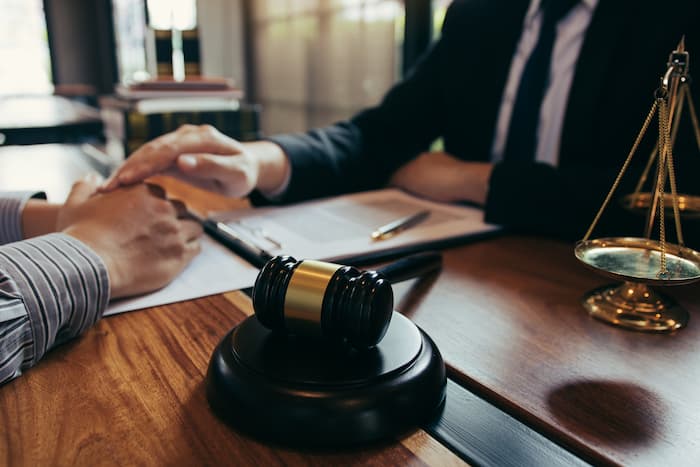Once folks hear the word “bankruptcy,” a big frown settles upon their face. There isn’t a word with a more straightforwardly negative connotation (although the truth might be different). Even “death” seems better in comparison. There is actually no reason to see bankruptcy as something horrible; it can be the best choice for some individuals and businesses. Here is the thing: bankruptcy does not automatically mean you will lose your house or have to resume dealing with various creditors. For all we know, you might be enabled to delete all your debt and restart your financial life. In other words: it might have some benefits. The things we have mentioned above represent the so-called myths surrounding bankruptcy. Today, we will try to debunk them! In the article you are about to read, you will find all the necessary info on the biggest myths about bankruptcy in Florida. Stay tuned!
You will lose everything (including your home)
There is no reason to think this is entirely true. Whether this will happen or not depends on the type of bankruptcy that you will file. You might get the chance to keep your house/property. Let’s give you an example. For instance, a Chapter 11 bankruptcy case concerns arranging loan terms with your lenders without having to turn to liquidation. This means that if you correctly arrange the terms with your creditors, you will succeed in keeping your home, even after you have filed for bankruptcy. Here is a fact that will cheer you up: in the Sunshine State, the most “popular” exemptions from going bankrupt include a person’s “homestead” (primary home). Now, isn’t that nice?
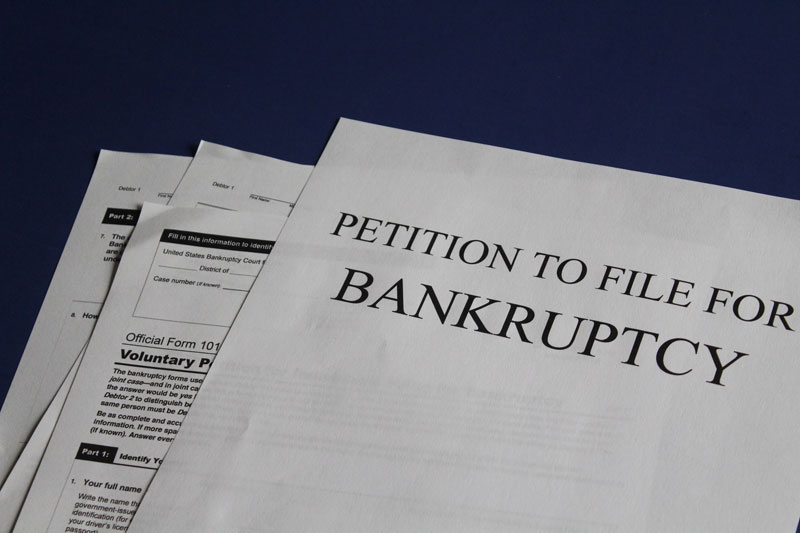
One of the most common exemptions from bankruptcy in the Sunshine State involves a person’s “homestead.” Filing for bankruptcy doesn’t automatically mean you’ll lose your primary home.
Going bankrupt in Florida will instantly delete all your debt
Although this could be true, it depends on the type of debt you have attached yourself to. That means that, for instance, if you have got debts related to alimony or child support, they will not be dischargeable. Still, if you are having some issues paying for those, they could possibly be modified through the Court. On the other hand, if you have incurred some unsecured debt (credit card, personal loans, etc.), there is a good chance you will be successful in negotiating or even eliminating your debt, in accordance with the type of bankruptcy that you file. That’s just how we do it in the Sunshine State, say the folks from muvnow.com. They have been in the business for quite some time now, so when they say something is doable–it is doable!
You will never be able to secure a loan in the future
Now, where is that “wrong answer” sound when you need one? Anyway, although your financial recovery will take some time, you will most likely be able to secure a loan in the future. You will first just need to get a hold of your debt and finances and repair your credit. All in all: there is no point in embracing full-blown fatalism.
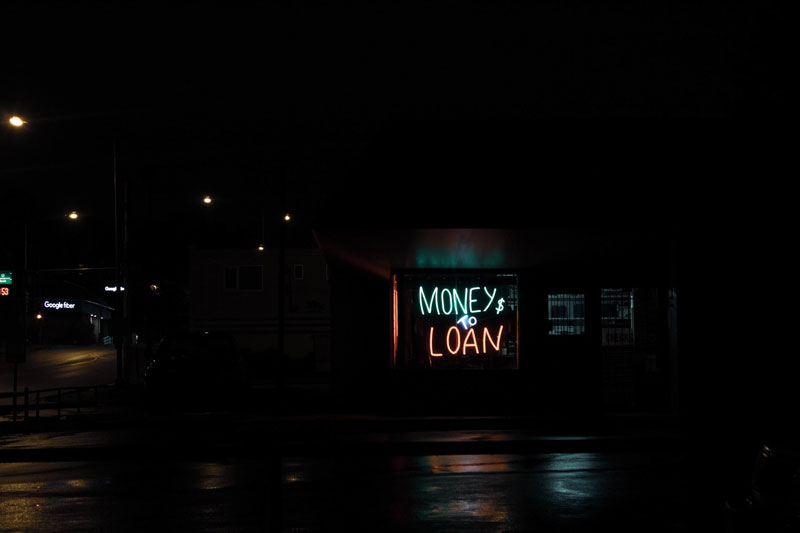
One of the biggest myths about bankruptcy in Florida is undoubtedly the one that says you’ll never be able to secure a loan ever again.
Bankruptcy in Florida means it will stay on your credit report forever and ever
Once again, here we go with the “it depends” type of answer. How long bankruptcy will rest on your credit report depends on the type of bankruptcy you have filed for. Most probably, it will stay on your credit report for about seven years. Now, this does not mean that bankruptcy will not remain on the public record; even if credit bureaus “forget” about your bankruptcy after a while, it can stay on the public record for a more extended period of time. If you are curious about exactly how bankruptcy will have an effect on your credit records, try speaking with a financial advisor or a top-quality bankruptcy attorney.
Your creditors will still harass you after going bankrupt
As was the case with most myths we have mentioned above, the “realness” of this myth depends on the type of bankruptcy you have filed for. Here is a more picturesque approach:
- Chapter 7 bankruptcy case—Luckily, the Court has made a decision in your favor. Afterward, the Court will send out a so-called discharge order to all your creditors. Therefore, it will release you of any obligations to them. They will not bug you ever again
- Chapter 13 bankruptcy case—Your debt can’t be discharged until you fulfill all the requirements of the repayment plan. However, here is the good part: you are protected from creditors as long as you are sticking to the terms you have agreed on in the plan
Going bankrupt means you have lived beyond your means
It does not always mean that. Many life-changing events (for instance, death in the family) can push a person into bankruptcy by unraveling an unfortunate series of events. However, if you have noticed you are a big spender, try to slow things down—if, of course, you want to avoid filing for bankruptcy. Say you are relocating, for instance. You do not want to pick the most expensive moving company out there (in Florida) when there are various budget-friendly options in the area. That is how financially-smart folks handle their spending. Always stick to the same quality, lesser price motto.

Going bankrupt in Florida doesn’t necessarily mean you’ve lived an extravagant lifestyle. A lot of unfortunate events can plunge you into financial desperation.
Bankruptcy in Florida is a permanent fix
This is definitely one of the biggest myths about bankruptcy in Florida. As we have implied already, bankruptcy could be a permanent fix (depending, of course, on the type that you have filed for). However, it is not always the case. For instance, filing for bankruptcy can be quite expensive. You might have to pay between $2,000 and $4,000 in court and attorney fees. In addition to that, you will be required to undergo credit counseling before you can even file for bankruptcy.
Bottom line
There you have it, folks! These were the biggest myths about bankruptcy in Florida. Now you see things are not so black and white. Hopefully, you will not need to deal with the process of filing for bankruptcy during your lifetime. However, if it happens–you will know how to handle it without much hassle!
Freire & Gonzalez is an attorney’s office where the attorneys are involved with their clients from beginning to end. You, as the client, will not be passed off to secretaries or paralegals like at other bankruptcy law firms. The attorneys will meet with you, will return your phone calls, and will answer your questions. We provide services in English and Spanish.
Our lawyers will answer any bankruptcy question you might have during the free consultation. To request a free consultation, please contact us at 305-826-1774. Please browse through our website, read our bankruptcy FAQ and see if our firm can help you resolve your financial issues. Contact Us at our locations:
Bankruptcy Lawyers Fort Myers FL
Bankruptcy Lawyers Hialeah Myers FL
Bankruptcy Lawyers Cincinnat OH
Bankruptcy Lawyers Blue Ash OH
Bankruptcy Lawyers Hyde Park OH
Bankruptcy Lawyers West Chester OH
Bankruptcy Lawyers Northern Kentucky
